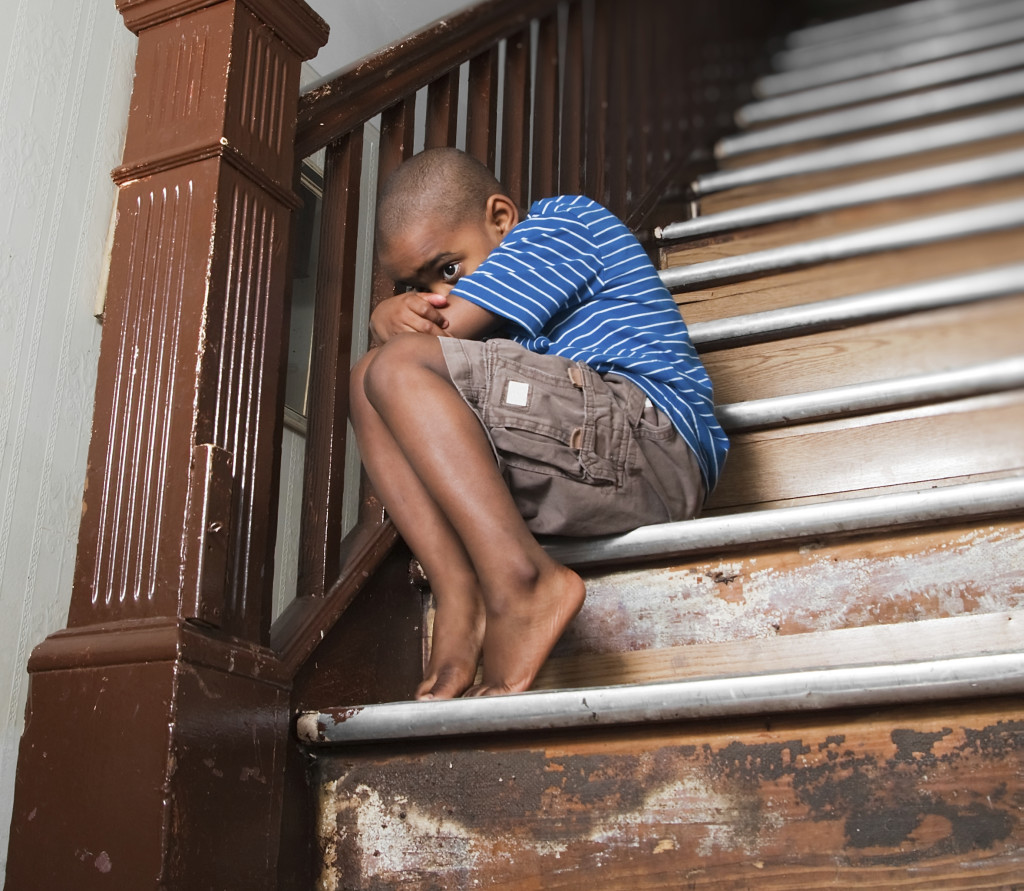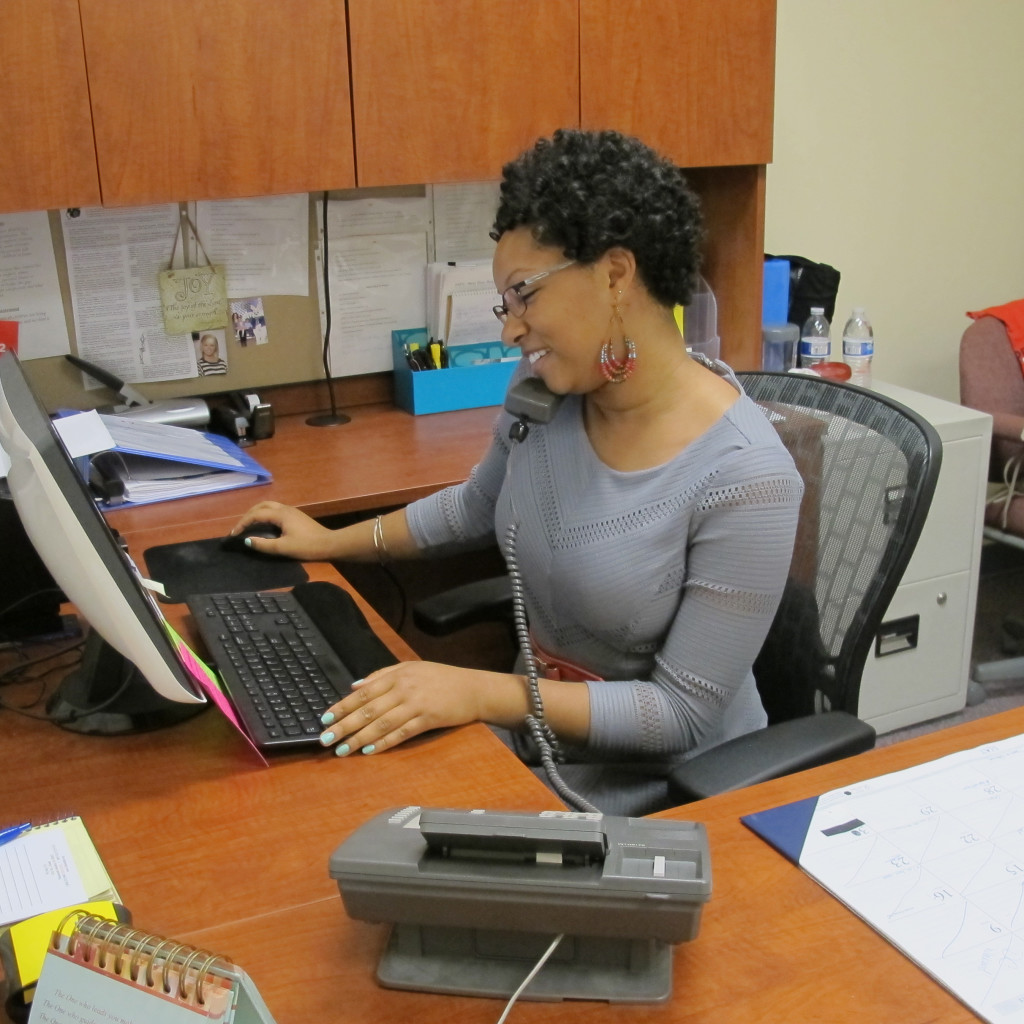Being in foster care is challenging enough. Imagine, in addition to having been removed from your home because of abuse and neglect, not feeling secure in what is supposed to be a safe haven. This feeling of vulnerability is a harsh reality for thousands of trans youth in care across the country. In California, efforts are being made to provide the necessary protection for transgender foster youth.

There are many misconceptions about gender identity. A common belief is that people who are transgender choose how they feel. This lack of understanding can correlate with how society, including foster families, treat children who identify as transgender in America. It can even be argued that the debate between adults regarding gender identity has removed the focus from providing quality care for foster children who identify as lesbian, gay, bisexual, transgender, queer, questioning or intersex (LGBTQI).
Nationally, the Foster Care Bill of Rights gives all children in care access to services regardless of race, religion, disability, sexual orientation or gender identity. However, there has been no specific law requiring child welfare agencies to provide supportive homes for children in care who identify as transgender. That is, until now. Continue reading





